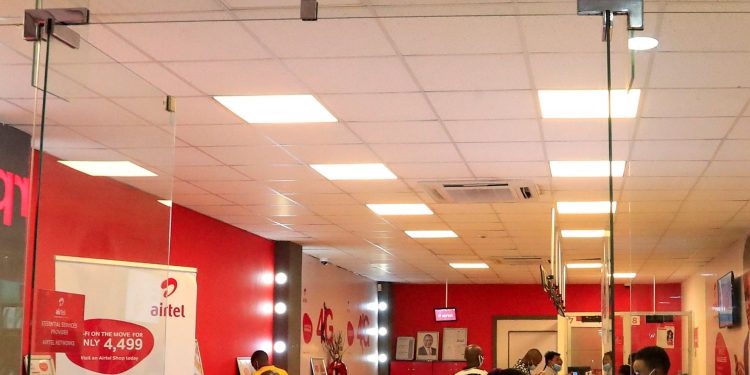The Central Bank of Nigeria has granted Airtel Mobile Commerce Nigeria Ltd, a subsidiary of Airtel Africa Plc, the full super agent license to operate as an agency network in Nigeria.
This was disclosed in a press release titled “NIGERIA SUPER AGENT FULL LICENSE APPROVAL” signed by the Company Secretary, Simon O’Hara.
This is coming after MTN Nigeria was granted final approval from the CBN to operate as a Payment Service Bank.
Super agents are businesses that have been licensed by the CBN to recruit agents for agency banking, which involves providing financial services to communities on behalf of banks in order to increase financial inclusion.
The super agent license is a distinct license from Payment Service Bank (PSB) for which MTN received approval in principle on November 4, 2021.
What the press release statement contained!
The press release statement filed with the NGX reads, “Further to our announcement of 15 November 2021, Airtel Africa, a leading provider if telecommunications and mobile money services, with a presence in 14 countries across Africa, today confirms that the Central Bank of Nigeria (CBN) has awarded its subsidiary, Airtel Mobile Commerce Nigeria Ltd, with a full super agent licenses.”
The company, in the statement, did not state specifically when operations in that regard would resume however stated that, “The license allows us to create an agency network that can service the customers of licensed Nigerian banks, payment service banks and licensed mobile money operators in Nigeria.”
Keynotes
Under the super agent license, Airtel would be able to create an agent network that can service the customers of licensed Nigerian banks, payment service banks and licensed mobile money operators in Nigeria.
Airtel needs the PSB license to conduct financial services in Nigeria, such as accepting cash deposits, processing payments and remittances, issuing debit and prepaid cards, running electric wallets and other financial services.
For the Payment Service Banks, they are expected to function in rural regions and in areas where Nigerians do not have bank accounts and to secure at least 50% physical access points in rural areas.











